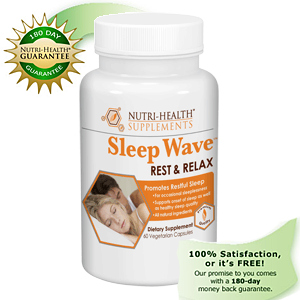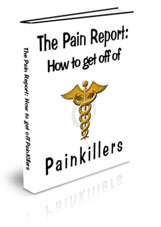I am constantly emailed by families and loved ones, of people who are addicted. It’s hard because I can’t really help them directly, all I can do is direct them to try to find a family counselor or intervention specialist and also direct them to my Report: “How to get off Painkillers“.
Sometimes it is a wife who is addicted to painkillers, or a husband who is addicted to painkillers or it could be Boy friend or Girlfriend. Sometimes it is a teenager that is addicted to painkillers, and the parents are looking for help.
Sometimes it is the teenagers looking for ways to get their parents to support them to try to get off! Imagine that! And the parents are giving the teenager no help at all, only grief. All the teenager wants is just to get off the painkillers. This is where Family Counseling is needed for Drug Addiction.
When a family is dealing with drug addiction, everyone is affected. Having an addict in the family can put stress and strain on all of the relationships as well as the family dynamics. The addiction causes pain, frustration, and anger in all members involved. Because it does affect everyone, the need for family therapy is so important.
There are many emotions involved in a family when dealing with drug addiction. You may find yourself feeling angry toward the person who is addicted. This is normal. You may wonder how this happened, why it happened, and what you could have done to stop it.
You may feel depressed and helpless, even responsible for your loved one’s addiction. This too is a normal reaction. Often when someone we love is in pain, such as the pain associated with drug addiction, we tend to look for excuses for their behavior. We take the pain on for them and don’t make them take responsibility for their actions. This is the cycle called enabling, we must stop the enabling by breaking the cycle.
To begin with, realize that this is a huge mistake. The person with the drug addiction was the one who brought it into your family in the first place, and he or she needs to take responsibility for that. It’s not easy and will be painful for all involved, but once the addict realizes that their actions have consequences, they can take charge of their recovery fully.
Family therapy is a great way to help with drug addiction. Family therapy consists of all members of the family getting together with the assistance of a trained professional, and talking about the issues that all are having when it comes to the addict and the addiction itself. Family therapy can be intense but amazingly therapeutic as well. It’s the perfect time to air your feelings in a safe setting with the help of a moderator to keep things on track.
Family and friends can play critical roles in motivating loved ones with an addiction to enter and stay in treatment. Family therapy is important – especially with teen addicts. Having the involvement of family members in a person’s treatment program can strengthen and extend the benefits of the addict’s treatment program.
Drug addiction and family is a volatile situation, but one that can be faced and addressed with love, caring, and compassion. If your family is affected by drug addiction, be supportive and listen with an open heart. It will help you, those around you, and most important the family member with the addiction.













